Celebrations and holidays in the UK
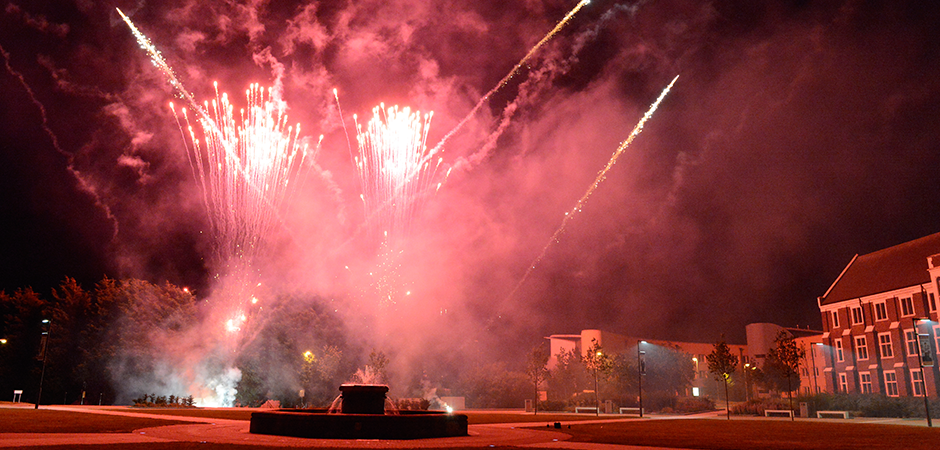
Adjusting to a brand new set of holidays and traditions can be a difficult transition, so we’ve compiled a list of the biggest and most important UK dates!

January
January kicks off with a bang as New Years Day celebrations take place on the 1st of January. Traditionally, the day is spent lounging around after a big night partying, with a roast dinner being the epicentre of activity. In Scotland, people will celebrate Hogamany, a Scottish celebration of the New Year with its own various traditions.
Following Hogamany, the Scottish know how to celebrate January – Burns Night falls on the 25th of January. Traditional Scottish foods like haggis will be eaten around the UK on this day, even in some campus accommodation dining halls!
Examinations begin mid-January for Semester 1, finishing late in the month. The campus library and study spaces become buzzing with activity as our students knuckle down for their examinations.
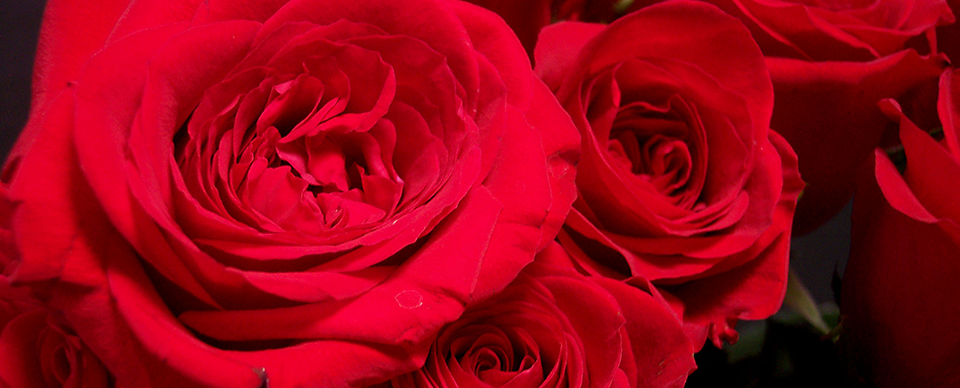
February
After the January exams, our students let out a big sigh of relief! Our sporting calendar kicks off again with fixtures across campus.
Globally, the 14th of February is celebrated as Valentines Day and traditionally, cards, gifts and poems are given to someone you love. In the UK, Valentines is a celebration of romantic love, with gifts and cards exchanged between lovers.
In 2017, Shrove Tuesday falls on the 28th of February (2018: February 13th). Also known as Pancake Day, this day marks the beginning of the Christian period of Lent. As a tradition, pancakes are eaten on this day.
On campus, excitement buzzes as the Students Union prepare for the Executive Officers elections.
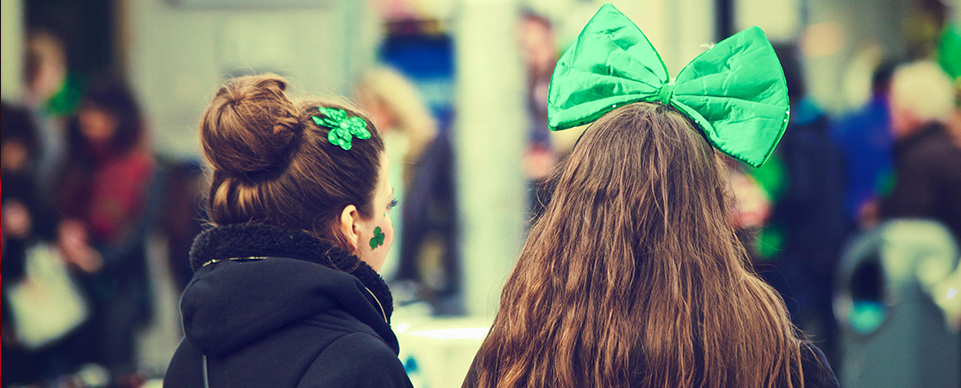
March
On the 1st March, the Welsh celebrate St Davids Day. You’ll see lots of bright yellow daffodils, Welsh cakes and leeks around in traditional celebration of the day.
The UK’s Mother’s Day is celebrated on the fourth Sunday of Lent, often falling in March.
The Irish saint’s day of St. Patricks Day is celebrated across the UK on the 17th of March, with pubs and bars filled to the rafters with celebratory patrons. It is customary to wear some green and have a pint of Guinness!
The Hindu celebrations of Holi often fall in March, and these celebrations are widespread in the UK due to a large population of Hindus.
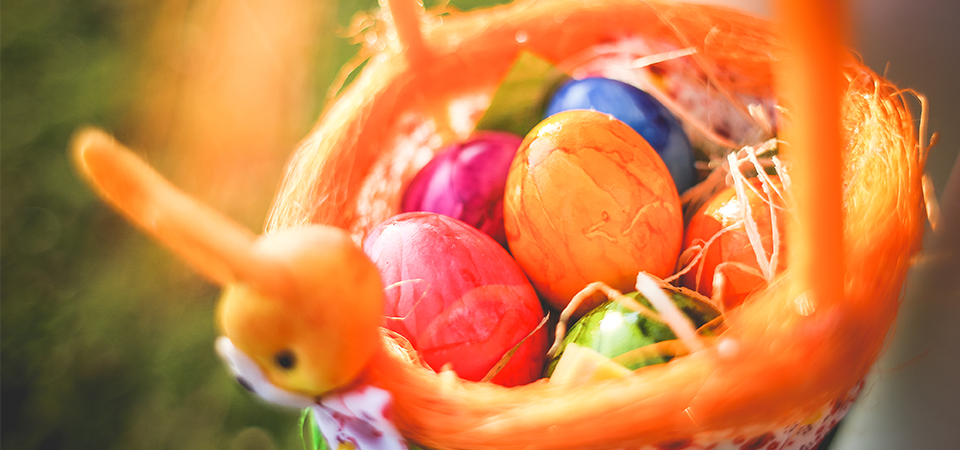
April
On the first day of April, April Fools Day is celebrated in the UK. Practical jokes will be played on each other until 12pm, after which time the prankster becomes the ‘April fool’. In more modern times, the internet is rife with fake news stories – watch out!
Saint George is the patron saint of England, and his feast day is celebrated on the 23rd of April. Many people raise the English flag in a patriotic salute on St Georges Day, or wear an English rose!
Campus is quieter than usual as many of our students bunk down for some hard revision before the summer examinations begin. Due to the lack of lectures, often students will go home during the April month.
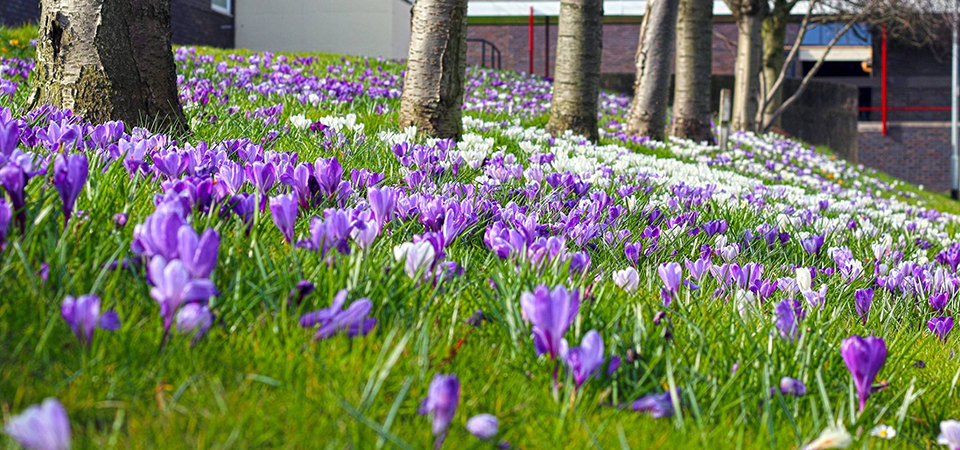
May
Exams take over the campus once again as our students settle down for their summer examinations, with many finishing their degrees.
There are also May Bank holidays, one near the start of the month and one at the end – these days are university closure days. You will find that businesses will either be shut or close early on these days!
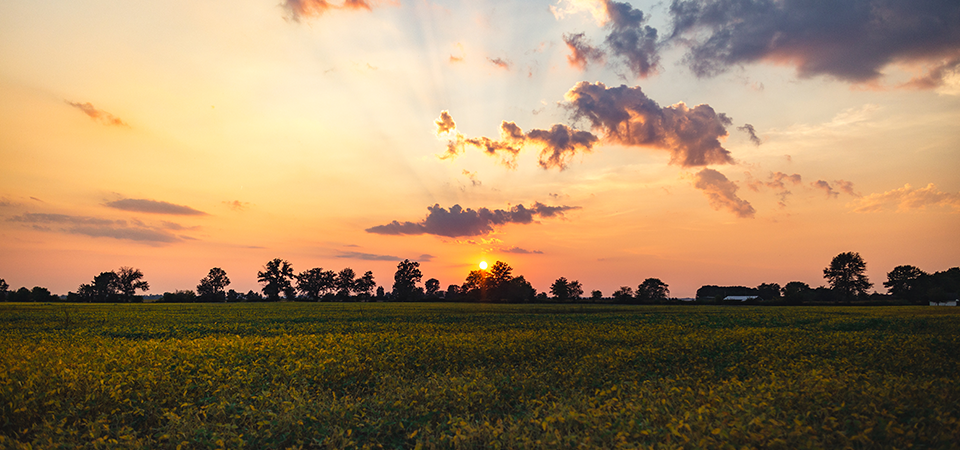
June
As per tradition, the official birthday of the Queen falls on the second Saturday of June – a day of street parties and tea parties! This is a great day to get down to London to watch the ‘Trooping the Colour’ parade.
The UK’s Fathers Day falls on the third Sunday of June. Much like Mothering Sunday, it is a day to celebrate fathers or father figures.
The summer solstice takes place on the 21st of June, attracting a huge crowd to Stonehenge to witness the sunset which marks the traditional beginning of British summertime.
Wimbledon, the world-famous and most prestigious tennis tournament, begins in late June.
For the Muslim celebration of Eid al-Fitr, you can head down to London for a big celebration. Though this isn’t a public holiday in the UK, you may still find that some businesses will be closing early or shut completely.
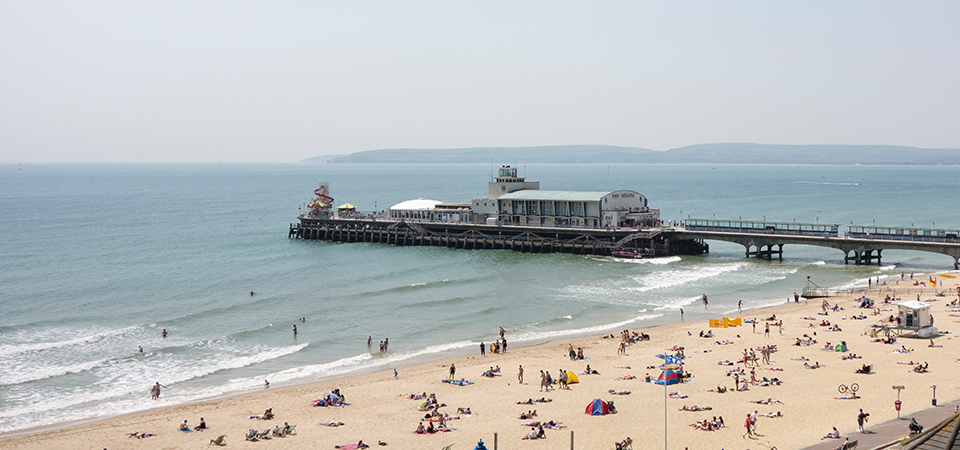
July & August
Graduations take place in July, with the majority being Undergraduate degrees.
There are some big summer events across the UK while you’re relaxing away from university, including the Notting Hill festival and Edinburgh Festival Fringe.
Of course, the summer holidays and time off university is perfect for travelling – check out our UK Checklist to see what you can get up to!
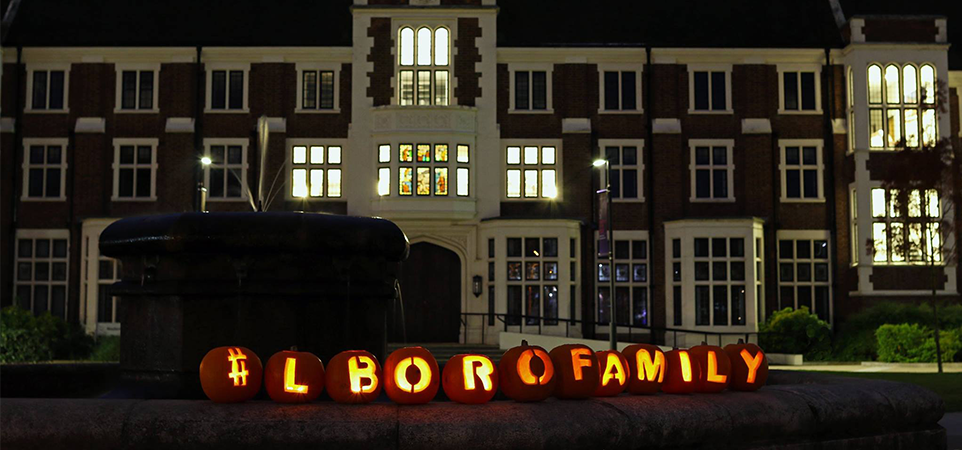
September & October
September is a time to prepare ahead of either starting your undergraduate, finishing your masters, or returning to university; many of you will be preparing to embark on your first year abroad.
Loughborough University often begins its first term in late September / early October. The first week of term is commonly known as “Freshers Week”, a time when you can try out different sports, societies, and bond with flatmates.
Halloween, a now worldwide celebration, is on the 31st of October, prompting costume parties, pumpkin carving and scary movies.
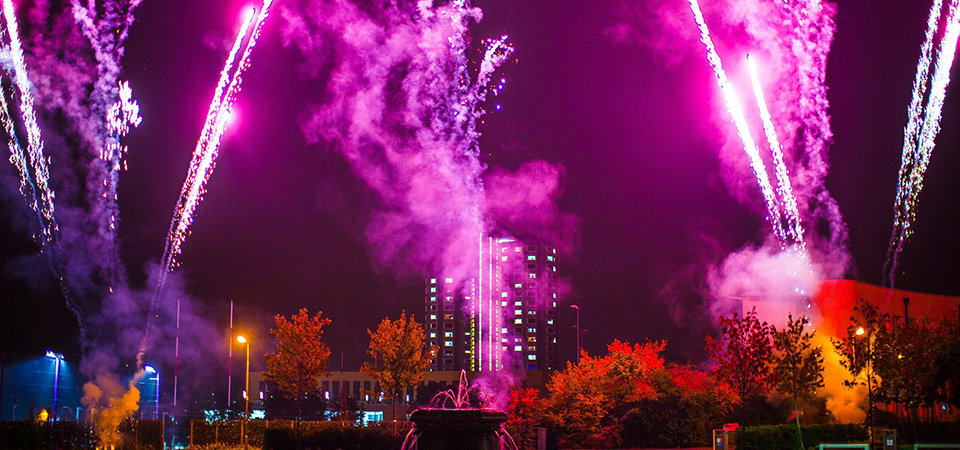
November
In November, you may see a growing number of moustaches on campus – this is for the charity fundraising event called Movember, where men grow moustaches to raise money for male health issues.
On the 5th of November, the UK sets alight for Bonfire Night, a traditional night to celebrate the foiling of a plot to destroy Parliament by a man named Guy Fawkes. There are fireworks and bonfires all week – the campus holds a huge one known as the Rag Fireworks Extravaganza.
Remembrance Sunday falls in November – a day the UK remembers those who died serving in the millitary. Processions are held around the country, with local services happening everywhere. There is also a two minute silence held at 11:00am on 11th of November held in respect for the end of the First World War.
Scotland’s national day, the feast day of Saint Andrews, is held on the 30th of November.
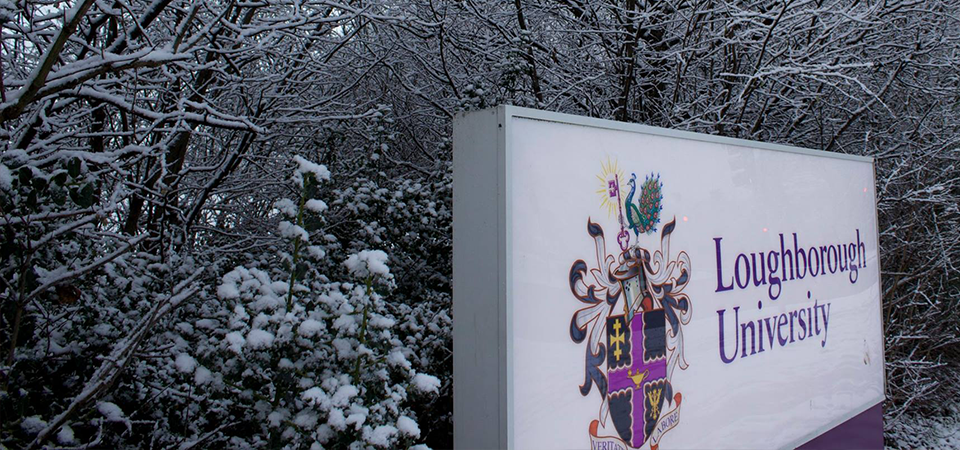
December
The winter holidays are looming, taking over much of December as the decorative lights go up and the Christmas markets begin. London hosts a huge market known as ‘Winter Wonderland’ – there are also lots of events happening in Loughborough, as well as the big cities such as Birmingham, Leicester and Manchester!
Winter graduations take place in December, with the majority being postgraduate students.
British traditions at Christmas include pantomimes (children’s plays), carol singing services, nativity plays, and big roast dinners on both Christmas Day and Boxing Day (the day after Christmas day).
These are just some of the events celebrated in Loughborough – of course, there are plenty more holidays and celebrations happening every day around the globe! With over 30 religious and nationality societies, you’re bound to find others to celebrate every holiday and festival with!
What’s your favourite holiday or celebration? Let us know in the comments below!
Write a Reply or Comment